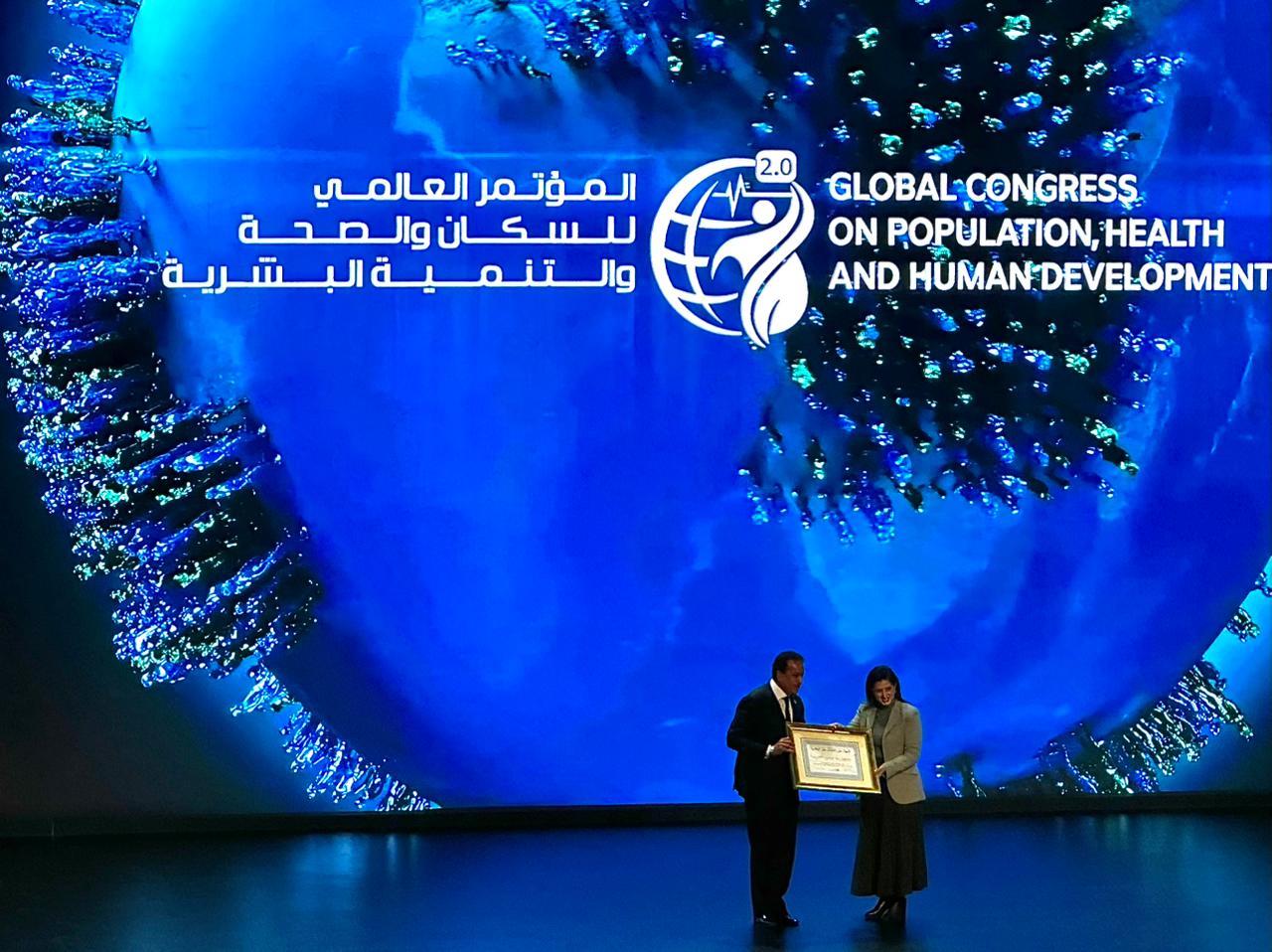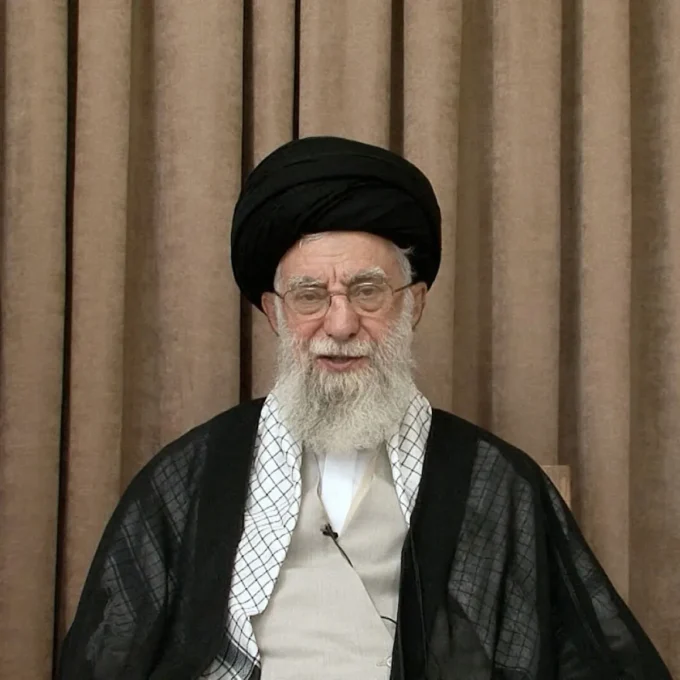the World Health Organization (WHO) has officially recognized Egypt as malaria-free, making it the third country in the Eastern Mediterranean region, after the United Arab Emirates and Morocco, to eliminate the disease. This landmark certification, announced by WHO Director-General Tedros Adhanom Ghebreyesus, highlights the success of nearly a century of public health interventions and showcases Egypt’s sustained efforts to improve health outcomes for its population.
The journey to malaria elimination has deep historical roots in Egypt, as malaria once spread widely along the Nile, impacting communities, ancient and modern. “Malaria is as old as Egyptian civilization itself, but the disease that plagued pharaohs now belongs to its history and not its future,” Ghebreyesus stated, emphasizing the significance of this milestone. The success reflects Egypt’s dedication to safeguarding its people from this ancient disease, once prevalent enough to affect Egyptian rulers and peasant communities alike. Egypt’s recognition as malaria-free places it among a select group of only 44 countries worldwide that have met the WHO’s rigorous standards for malaria elimination.
A Rigorous Path to Certification
Achieving malaria-free certification is a complex, evidence-based process that requires countries to demonstrate three consecutive years of zero indigenous malaria cases—meaning cases not brought in from external sources but transmitted locally by mosquitoes. Beyond achieving this crucial milestone, nations must also prove their ability to prevent the re-establishment of malaria, which demands a robust public health infrastructure and ongoing vigilance against potential threats of re-introduction.
In granting this certification, the WHO relied on assessments from an independent advisory group of global health experts. These specialists evaluated Egypt’s national surveillance systems, the effectiveness of mosquito control efforts, and the readiness of the country’s healthcare system to address any future malaria outbreaks that might arise through imported cases.
According to the WHO, Egypt’s success in eradicating malaria exemplifies the power of “sustained commitment and diligent monitoring,” which should serve as a model for other nations in high-risk regions across Africa and beyond.
Government Commitment to Health Security and Economic Resilience
Reflecting on the announcement, Egypt’s Deputy Prime Minister and Minister of Health and Population, Khaled Abdel Ghaffar, highlighted that this achievement aligns with Egypt’s larger vision of prioritizing health security and resilience. “We will continue with determination and strong will to safeguard the health of all people in Egypt under wise leadership and proceed with enhancing our healthcare system,” he stated. Abdel Ghaffar further noted that this accomplishment is not merely a public health success but an affirmation of Egypt’s commitment to enhancing the quality of life for all people living in and visiting Egypt.
Egypt’s leadership views health security as a cornerstone of its national and economic development. Malaria-free certification signals not only improved health outcomes but also enhances Egypt’s appeal as a destination for international tourism and investment. By eliminating malaria, Egypt is better positioned to showcase its cultural and historical attractions to the world without the added risk of a once-debilitating disease.
A Success Story Decades in the Making
Egypt’s road to malaria elimination dates back to the 1920s when the country first launched concerted public health initiatives to combat the spread of malaria along the Nile. These early efforts grew over the decades into an intensive, multi-pronged strategy incorporating preventive measures such as insecticide-treated nets, improved healthcare access, and systematic tracking of any imported cases of malaria. Furthermore, Egypt’s healthcare workers received extensive training to recognize and respond to potential malaria cases, ensuring rapid containment and treatment. The implementation of public health campaigns to raise awareness about malaria prevention and encourage communities to adopt protective practices also played a crucial role in combating the disease.
This long-term, sustained approach laid the groundwork for Egypt’s successful malaria eradication, providing the public health infrastructure and expertise needed to detect and eliminate any resurgence of the disease.














Leave a comment